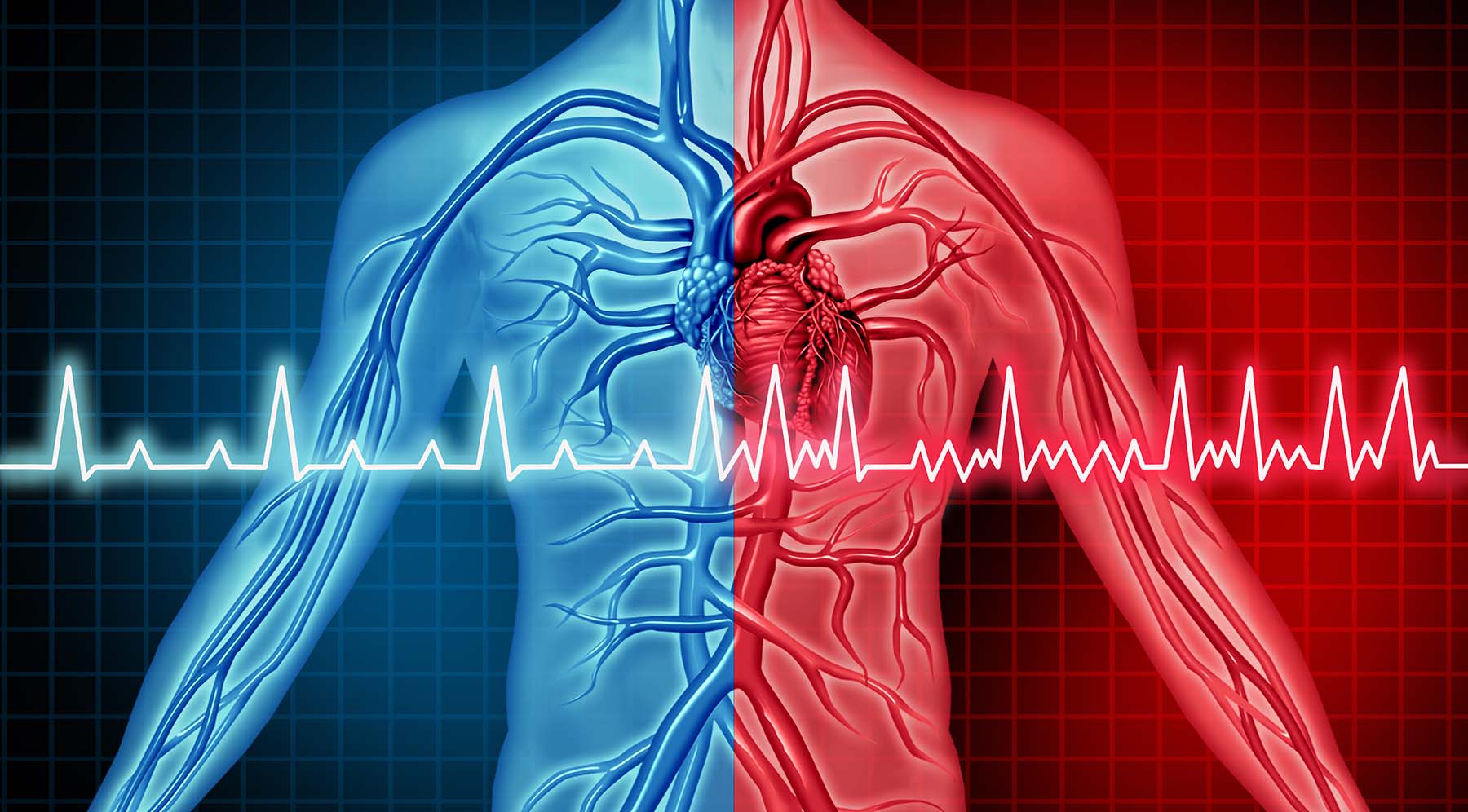Is AFib an Emergency Situation?

Key Takeaways:
- Atrial fibrillation (AFib) is not typically an emergency situation, but it can lead to serious complications like stroke or heart failure if left untreated.
- Symptoms of AFib can vary widely, from palpitations and fatigue to feeling faint or short of breath. Some people may not have any symptoms at all.
Any sudden changes to your heartbeat can be frightening and physically overwhelming. If you’ve been diagnosed with atrial fibrillation (AFib), you may be familiar with the feeling. But it’s still hard to tell if you’re experiencing a medical emergency or if you can safely manage an episode of AFib at home.
AFib happens when the upper chambers of the heart beat too fast. You may feel fluttering in your chest, your heart racing, or like you can’t get enough air. Other people feel fatigued, and some people with AFib experience no symptoms. These symptoms and AFib attacks can come and go or remain persistent.
Regardless of your symptoms, this serious medical condition requires diagnosis, treatment, and lifestyle management. AFib typically isn’t life-threatening for otherwise healthy people. But, if you are older or have risk factors like diabetes, high blood pressure, or other heart diseases, AFib can lead to stroke.
AFib is a major cause of stroke, as blood clots can form in the heart’s upper chambers and travel to the brain. In addition, if your heart rate is not well controlled, AFib can damage the heart.
Should you go to the emergency room for AFib?
AFib is generally a chronic condition that requires ongoing treatment. Once diagnosed, discuss with your doctor how best to manage your heart health. Your doctor can help you to determine if and when you should seek emergency medical care for this condition.
Immediately go to an emergency room if you experience the following:
- symptoms of a stroke (including sudden limb weakness, numbness, difficulty speaking or seeing, or mental confusion/disorientation)
- marked shortness of breath, dizziness, or lightheadedness
- chest pain
- persistent, marked symptoms
Why should you choose UHealth for AFib treatment?
The University of Miami Health System provides individualized care with the only comprehensive AFib risk factor management program in Florida.
“Every case of AFib is different,” says Jeffrey Goldberger, M.D., M.B.A., director of UHealth’s Center for Atrial Fibrillation. “So, we work with you to address the unique aspects of your situation and your treatment preferences. We now incorporate AFib risk factor management in our care plan. Provider-led risk factor management has been shown to improve AFib outcomes.”
Beyond curative ablation procedures, heart medication management, weight loss, and other risk factor management programs, UHealth patients have access to the following novel treatments for AFib:
The LEAF (Liraglutide Effect in Atrial Fibrillation) study evaluates the added benefit of liraglutide — a medication that promotes weight loss and shrinking of the fat tissue around the heart that promotes AFib — to prevent recurrent AFib in patients undergoing catheter ablation.
UHealth’s team has developed a novel mapping technology called Electrogram Morphology Recurrence to help identify sources of AFib that should be ablated. Studies are ongoing to evaluate this new technology.
The UHealth AFib team is developing novel approaches for stroke prevention in AFib. We are using a specialized cardiac MRI technique called 4D flow MRI to look inside the heart and identify areas of poor blood flow that may lead to the formation of blood clots and increase stroke risk.
“The UHealth AFib team, working with our engineering colleagues, is unlocking the complexities of the standard electrocardiogram (ECG) in AFib,” Dr. Goldberger says. “We aim to provide important physiologic and prognostic information about your AFib.”
Contact UHealth to schedule an appointment. Call 305-243-5554 or request an appointment online.
Dana Kantrowitz is a contributor for UHealth’s news service.
Originally published on: January 30, 2023
Tags: Dr. Jeffrey Goldberger, electrical signal, heart attack, irregular heartbeat, resting heart rate, risk of stroke, symptoms of atrial fibrillation
